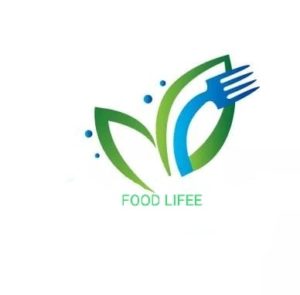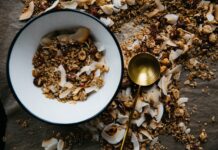Many factors increase the risk of strokes, including those that are out of control, such as age, gender, and genetics.
Including what we can interfere with positively, such as proper nutrition and a healthy lifestyle. We can follow a balanced and healthy diet to control some factors that increase the risk of strokes, including:
High blood pressure
Balanced nutrition plays a role in controlling high blood pressure and maintaining it within the normal range by reducing salt consumption to 1500 mg per day (equivalent to صغيرة teaspoon).
Avoid processed and high-salt foods such as hot dogs, mortadella, and canned foods with high salts like pickles.
Diabetes
High blood sugar rate negatively affects the blood vessels over time, making the body vulnerable to stroke, and regular blood sugar levels are maintained regularly with medications prescribed by the doctor, physical activity, and a diet rich in dietary fiber such as vegetables, fruits, whole grains, and avoiding high-sugar drinks Foods with a high source of saturated and trans fats, such as butter, chips, and creamy sauces.
Obesity
Obesity is associated with high blood pressure, makes a person vulnerable to diabetes and increases the chances of strokes.
Make sure that the body mass index (weight in kg/height squared) is less than 25. By moderation in eating meals and making it not exceed the daily allowance for the person allowed calories and avoiding eating fatty foods rich in calories and exercising regularly.
Smoking
If you smoke, quit immediately. It has a major role in less ischemic brain and increase the chances of stroke.
Inactivity and lack of physical activity
Sport helps to lose weight and reduce high blood pressure and helps reduce the possibility of strokes. Exercising 30 minutes a day,
such as walking, helps to stimulate blood circulation.
Just as balanced nutrition has an important role to prevent strokes, its role is also important after infection with this disease, especially since the patient is vulnerable to malnutrition due to not eating the necessary nutrients,
for several reasons, the most important of which is difficulty swallowing and poor appetite for food. A healthy diet rich in fiber, such as vegetables,
fruits, low-fat milk products, and low-fat meat such as fish rich in beneficial fatty acids, helps the patient to obtain the necessary nutrients.
In the event that the patient has difficulty swallowing, the consistency of the food is determined according to the severity of the swallowing problem,
and the selection of the consistency of the food is safe and easy to swallow to the patient while ensuring the provision of nutrients to the patient.










